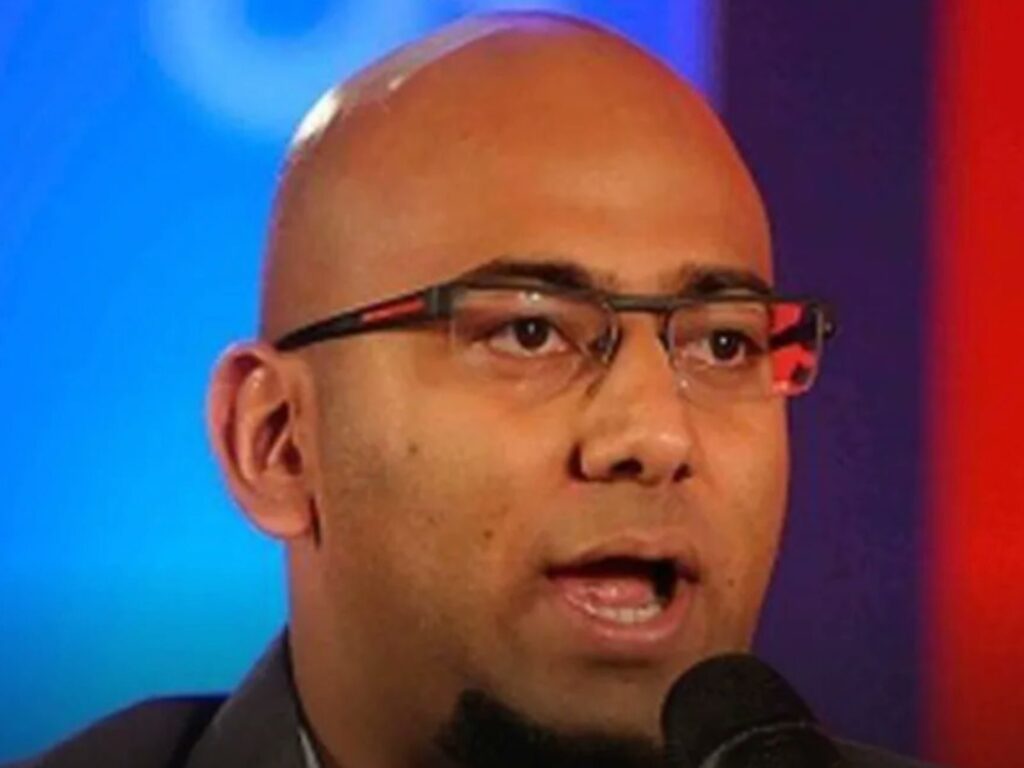
Shantanu Deshpande Sounds Alarm
Table of Contents
The Growing Concern Over Quick Food Delivery Addiction in India
Shantanu Deshpande, the founder and CEO of Bombay Shaving Company, has voiced serious concerns over India’s increasing dependency on quick food delivery services. In a thought-provoking LinkedIn post, Deshpande labeled this trend as a burgeoning “health epidemic,” urging food delivery giants such as Zomato, Swiggy, and Zepto to assume greater responsibility in fostering healthier eating habits among consumers.
The Epidemic of Poor Nutrition
India’s dietary landscape is undergoing a transformation, but not necessarily for the better. Deshpande highlighted the adverse effects of processed and ultra-processed food consumption, attributing it to the widespread use of palm oil and sugar. He stated, “We are suffering from the biggest epidemic of poor nutrition and unhealthy processed and ultra-processed food.” The quality of grains, once a cornerstone of the Indian diet, has deteriorated over the past five decades due to prioritizing higher agricultural yields over nutritional value.
The Rapid Cook-and-Delivery Culture
Deshpande underscored the speed-centric business model of quick food delivery services, describing it as a double-edged sword. He revealed his astonishment after learning about the preparation and delivery timelines during a conversation with the founder of a quick commerce company. “Cook time 2 min, delivery time 8 min,” he remarked, expressing concern about the trade-offs between efficiency and nutritional integrity. While such services promise convenience, they often promote unhealthy eating habits, leaving a gap in the delivery of wholesome, nutritious meals.
The Impact of Junk Food Addiction

The widespread availability of cheap junk food is exacerbating India’s nutrition crisis. Highlighting this issue, Deshpande noted the proliferation of low-cost, high-calorie offerings like ₹49 pizzas, ₹30 burgers, and ₹20 energy drinks loaded with sugar and artificial additives. He warned that India’s growing addiction to such items is leading the nation down the same path as the United States and China, albeit without the economic resources to mitigate the long-term health costs.
“Our junk food addiction is taking us down the path of China and the US without the economic cover needed for health,” Deshpande cautioned. The potential repercussions include skyrocketing rates of obesity, diabetes, and cardiovascular diseases, all of which strain public health systems and impede economic growth.
A Call to Action for Food Delivery Giants
Deshpande directed his appeal to India’s quick commerce leaders, including Zomato, Swiggy, and Zepto, urging them to rethink their offerings. He emphasized the importance of promoting meals that are both nutritious and affordable. “Please make the product palatable and not contribute to the health crisis,” he implored. This sentiment reflects a growing recognition of the role businesses play in shaping consumer habits and the ethical responsibility they bear in mitigating public health challenges.
Balancing Economic Growth and Public Health
The burgeoning quick commerce industry is undeniably a key driver of India’s economic growth. However, Deshpande pointed out the need for equilibrium between commercial interests and public health priorities. He criticized the tendency of investors and entrepreneurs to prioritize profit over well-being, noting that “fancy words” are often used to package harmful trends as innovative business models.
This warning underscores the urgency for policymakers, businesses, and consumers to address the broader societal implications of the quick food delivery culture. The solution lies not in stifling innovation but in steering it toward healthier and more sustainable outcomes.
The Path Forward Shantanu Deshpande
To curb the negative impact of quick food delivery addiction, a multi-faceted approach is necessary:

Consumer Awareness: Educating people about the long-term health effects of processed food can encourage better dietary choices.
Industry Accountability: Food delivery platforms must collaborate with nutrition experts to introduce healthier options and transparently label nutritional content.
Policy Intervention: Governments can incentivize businesses to promote nutritious meals and impose stricter regulations on unhealthy food advertising.
A Plea for Change Shantanu Deshpande
Deshpande’s LinkedIn post is not just a critique but a call to action. By urging quick commerce firms to prioritize health alongside convenience, he seeks to inspire a shift in the food delivery ecosystem. His message resonates with a growing segment of consumers who are becoming increasingly conscious of their dietary choices and their implications for long-term health.
Conclusion Shantanu Deshpande
Shantanu Deshpande’s concerns about India’s growing reliance on quick food delivery serve as a timely reminder of the importance of mindful eating. While quick commerce has revolutionized convenience, it has also contributed to a nutrition crisis that threatens public health and economic stability.
As consumers, policymakers, and businesses rally to address this issue, the path forward must prioritize balance—between convenience and nutrition, innovation and responsibility, and growth and sustainability. Only then can India chart a healthier future in the era of quick commerce.
Deshpande’s alarm is not just a critique but a wake-up call, urging all stakeholders to take responsibility and act decisively for a healthier tomorrow.
source Shantanu Deshpande
Dailyread Shantanu Deshpande
